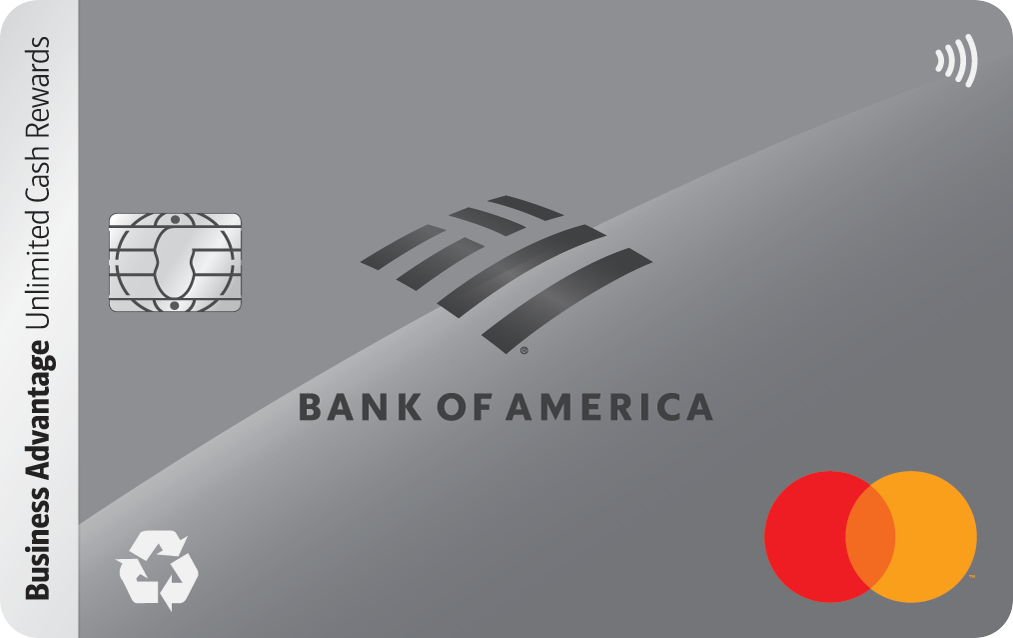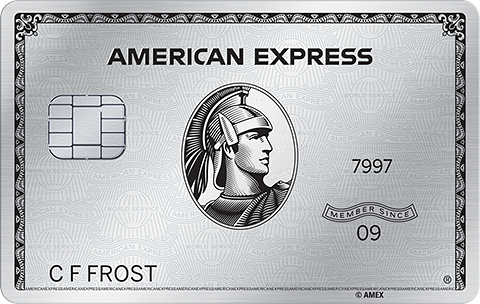The 2.8% Social Security COLA Is a Big Letdown for Retirees. Here's How Much You'll Actually Get

Image source: Getty Images
It's official: the Social Security Administration announced a 2.8% cost-of-living adjustment (COLA) for 2026. It's more than retirees got last year -- but it's still not much.
Medicare Part B premiums are expected to rise again, and healthcare tends to eat a bigger share of seniors' budgets than the COLA reflects.
Here's how to find out how much your benefits will actually change, as well as how to make the most of them.
What your raise looks like after Medicare
The Social Security Administration will notify beneficiaries of their 2026 payment amounts in December. In the meantime, you can calculate it for yourself.
Here's a quick formula:
2026 benefit = 2025 benefit x 1.028
Then subtract your 2026 Part B premium (and any IRMAA surcharge if your income is high) to see your take-home amount.
2026 Medicare premiums will be finalized later this fall, but the latest projection pegs the standard Part B premium at about $206.50 -- that's $21.50 more than 2025.
Example: middle-of-the-road benefit
- Current gross benefit: $2,000/month
- COLA adds $56; new gross benefit is $2,056
- If Part B rises by $21.50, then net increase is $34.50 before taxes
For many retirees, about 40% of the COLA could be absorbed by the Part B increase alone.
Will any of it be taxed?
Social Security can be taxable based on your provisional income. That's half your benefits + income from other sources + tax-exempt interest.
- 50% of benefits may be taxable once provisional income exceeds $25,000 (single) or $32,000 (married filing jointly)
- Up to 85% can be taxable above $34,000/$44,000
If your benefits are taxable, then that will eat into your 2026 COLA as well.
Make the most of your COLA
You can still squeeze real value out of a modest raise -- without taking on risk. If you don't yet have a high-yield savings account, then I strongly recommend opening one now.
Why:
- Instant access to cash for your immediate spending needs
- FDIC insurance up to $250,000 per person, per bank
- Yields of up to 4.50% per year
What to look for:
- No monthly fees
- Fast, easy transfers between checking and savings
- A website and mobile app that are easy to use
The best high-yield savings accounts offer all these features and more. Opening one takes minutes online.
One of our favorites right now is the LendingClub LevelUp Savings account. It earns 4.20% APY with $250+ in monthly deposits. That means you could easily earn a top-tier interest rate just by rerouting your Social Security payments. To learn more and open an account, check out our full LendingClub LevelUp Savings review.
LendingClub LevelUp Savings
On LendingClub's Secure Website.

On LendingClub's Secure Website.
- Competitive APY
- No fees
- Easy ATM access
- Unlimited number of external transfers (up to daily transaction limits)
- Requires you to make monthly deposits to earn the best APY
- ACH outbound transfers limited to $10,000 per day for some accounts
- No branch access; online only
The LendingClub LevelUp Savings account has a lot to offer. At the top of the list is its high APY, though you must deposit monthly to earn the best rate. Next is zero account fees, a strong and straightforward perk. Finally, you get a free ATM card, which you can use to withdraw from thousands of ATMs nationwide. Interested? You can open an account with $0.
The COLA is small -- so make it work harder
A 2.8% COLA is better than nothing, but after a likely Part B hike -- and possibly some taxes -- many retirees will only see a few dozen dollars more per month. So put that money to work by funneling cash into an HYSA.
And if you're able to set aside money for the future, consider putting it in CDs and other safe, interest-earning investments like Treasury bills. With interest rates on the decline, you may be glad you locked in today's rates for months or years.
Our Research Expert


